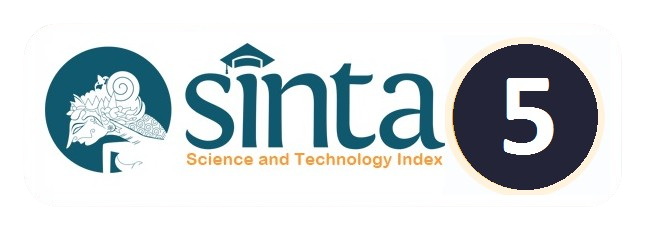
EDITOR IN CHIEF
Duties and Responsibilities
Duties of Reviewers:
Peer Reviewer Responsibility
Peer reviewers are responsible for critiquing by reading and evaluating manuscripts in their area of expertise, then providing constructive advice and honest feedback to the authors of submitted articles. Peer reviewers discuss the strengths and weaknesses of articles, how to improve the strength and quality of papers, and evaluate the relevance and authenticity of the manuscript.
Before reviewing, please pay attention to the following:
Review Process
When reviewing the article, please consider the following:
Article Content
The article you received for review, has previously been examined by the editorial team using Turnitin as a plagiarism checker and no more than 30% if previous research has been done by other authors, is it still eligible for publication?
Result:
This is where the author should explain the findings in his research. It should be arranged clearly and in a logical order. You need to consider whether the analysis has been carried out accordingly or not; The use of statistical tools is appropriate if this research is quantitative type.
Discussions and conclusions:
Method
Writing Style
Final Review
Recommendations
After reviewing the article, please provide recommendations for authors and editors:
Complete the "Review" before the due date to the editorial office. Your recommendations for the article will be considered when the editor makes the final decision and your honest feedback is highly appreciated.
When you write a comment, please show you a section of the comment that is only intended for the editor and a part that can be returned to the author. Feel free to contact the editorial office if there are any questions or problems you may encounter.
JOURNAL POLICIES
ADDTITIONAL INFORMATION
JOURNAL EDITORIAL OFFICE:
Jurnal Cerdas Sifa Pendidikan (CSP)
Department of Sport Education and Coaching, Universitas Jambi (UNJA), Indonesia
Address: Jl. Jambi-Muara Bulian No. KM. 15, Mendalo Darat, Kec. Jambi Luar Kota, Kabupaten Muaro Jambi, Jambi. Email: cerdassifa@unja.ac.id. Contact: +082215060705
Visit the Journal Publishing Office Location:
